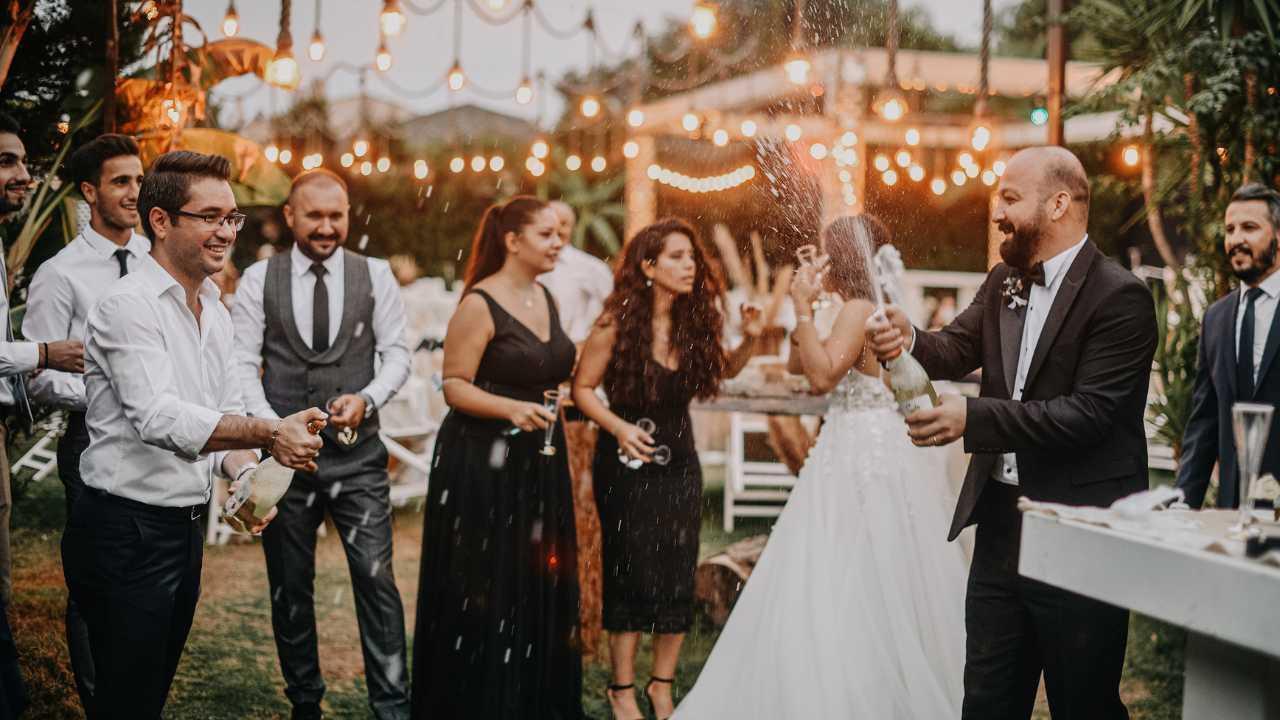
Post by : Saifi Sam
Weddings are more than just ceremonies that unite two people in love—they are cultural events that reflect the traditions, values, and spiritual beliefs of a community. From the colors worn by the bride to the rituals performed at the altar, every detail carries symbolic meaning. While weddings may differ across countries and religions, they share a common theme: the celebration of love, unity, and family.
In this article, we explore how different cultures around the world celebrate weddings, the unique rituals involved, and the deeper beliefs that shape these traditions.
At their core, weddings symbolize the union of two individuals and, often, two families. Beyond the personal commitment, they express cultural identity, social customs, and spiritual values. Weddings serve as:
A transition: marking the shift from single life to married life.
A cultural showcase: displaying rituals, food, music, and dress unique to each community.
A sacred bond: often blessed by spiritual or religious traditions.
Indian weddings are renowned for their length, vibrancy, and ritual significance. A typical wedding can span several days, with each day representing a step in the couple’s journey.
Haldi ceremony: turmeric paste applied to the bride and groom, symbolizing purification.
Mehendi ceremony: intricate henna designs on the bride’s hands and feet, signifying joy and good fortune.
Saptapadi (Seven Steps): the couple takes seven steps around the sacred fire, each representing a vow for their married life.
Symbols and Beliefs
The mangalsutra (sacred necklace) represents marital commitment.
The vermillion (sindoor) applied to the bride’s hairline symbolizes blessings for a long married life.
Rituals at the Altar
Western weddings, particularly Christian ceremonies, often include:
The exchange of vows: promises of love, fidelity, and support.
The ring ceremony: rings are exchanged as symbols of eternity and unity.
The kiss: sealing the marriage bond in front of family and community.
Wedding Symbols
White bridal gown: purity, innocence, and new beginnings.
Wedding bouquet: originally believed to ward off evil spirits, now a symbol of happiness and fertility.
Key Rituals
Chinese weddings emphasize harmony, prosperity, and family honor. Common rituals include:
The tea ceremony: the couple serves tea to parents and elders, symbolizing respect and gratitude.
Gate-crashing games: the groom must pass playful tests set by the bride’s friends to “earn” his bride.
Symbols and Beliefs
The color red dominates Chinese weddings, symbolizing luck, happiness, and prosperity.
Double Happiness symbol (囍): often displayed in decorations, representing marital bliss.
Ritual Practices
Africa is home to diverse wedding customs, but many share the themes of community and ancestral reverence.
Libation ceremony: prayers and offerings to ancestors for blessings.
Jumping the broom: a ritual in some cultures symbolizing sweeping away the old and starting a new chapter.
Symbols and Beliefs
Kente cloth in Ghana: represents heritage, pride, and unity.
Cowrie shells: often used in jewelry, symbolizing fertility and wealth.
Rituals
Middle Eastern weddings are often lavish, blending religious customs with family-centered celebrations.
Henna night: the bride’s hands are decorated with henna, symbolizing joy and protection.
Zaffa procession: a lively parade with drums, music, and dancing leading the couple into the celebration.
Symbols
Gold jewelry: given to brides as both adornment and financial security.
Dates and sweets: symbolize a sweet and prosperous married life.
Despite the diversity of rituals, certain themes appear in nearly every culture:
Unity of two families: weddings are community events, not just personal unions.
Symbolic rituals: whether vows, steps around a fire, or serving tea, these actions embody lifelong promises.
Blessings for prosperity and fertility: almost every culture includes prayers or symbols for a successful, happy future.
In today’s globalized world, many couples blend cultural traditions with modern practices. For example:
An Indian couple in the U.S. might combine a church wedding with a traditional Hindu ceremony.
Many young couples incorporate personalized vows alongside cultural rituals.
Destination weddings bring together diverse traditions in unique, memorable ways.
Weddings across cultures are more than just formal unions—they are powerful expressions of identity, heritage, and belief. From the sacred fire of Indian weddings to the tea ceremonies of China, from Western vows to African ancestral blessings, each culture brings its own rich symbolism to the act of marriage.
In the end, weddings remind us that while customs vary, the essence of love, unity, and family remains universal.
This article is published by GCC News 24 for informational and cultural purposes only. It explores wedding rituals and traditions across cultures without promoting any specific belief system. Readers are encouraged to appreciate these practices as part of global heritage.
#trending #latest #GCCNews24 #WeddingTraditions #CulturalWeddings #GlobalHeritage #WeddingRituals #MarriageCustoms #LoveAcrossCultures #CulturalBeliefs #WeddingSymbols #TraditionsAndCulture

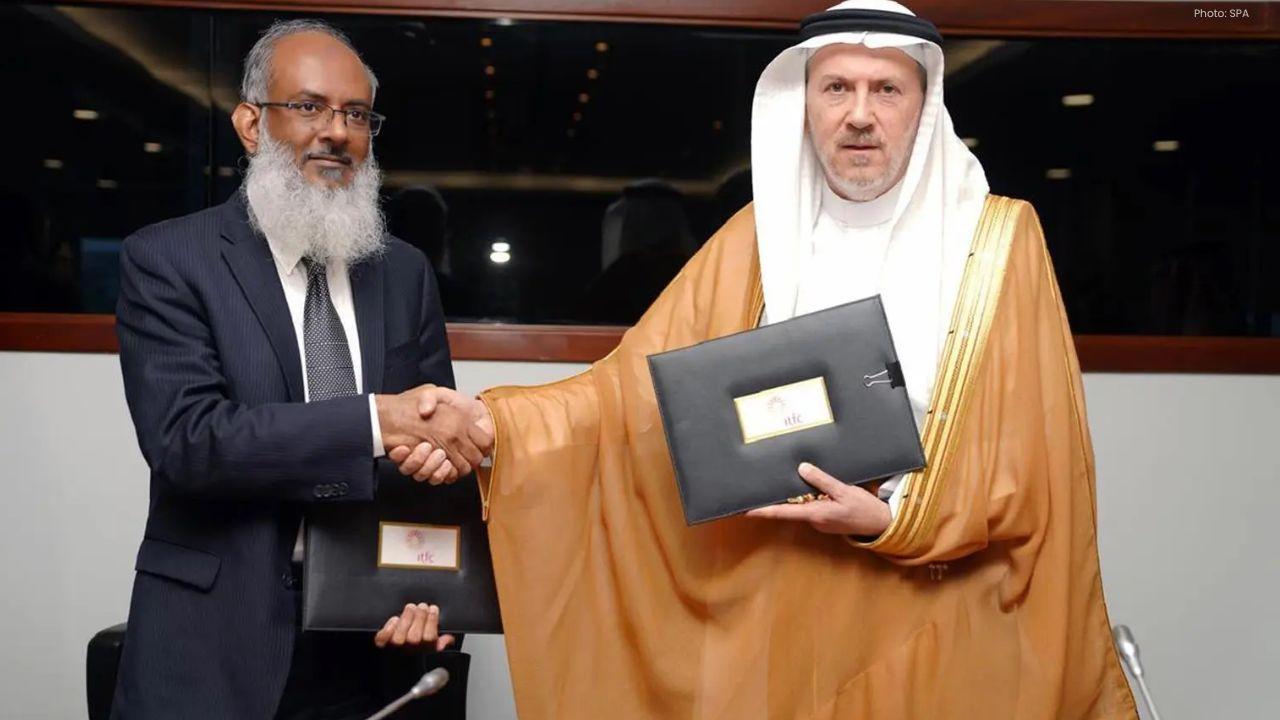

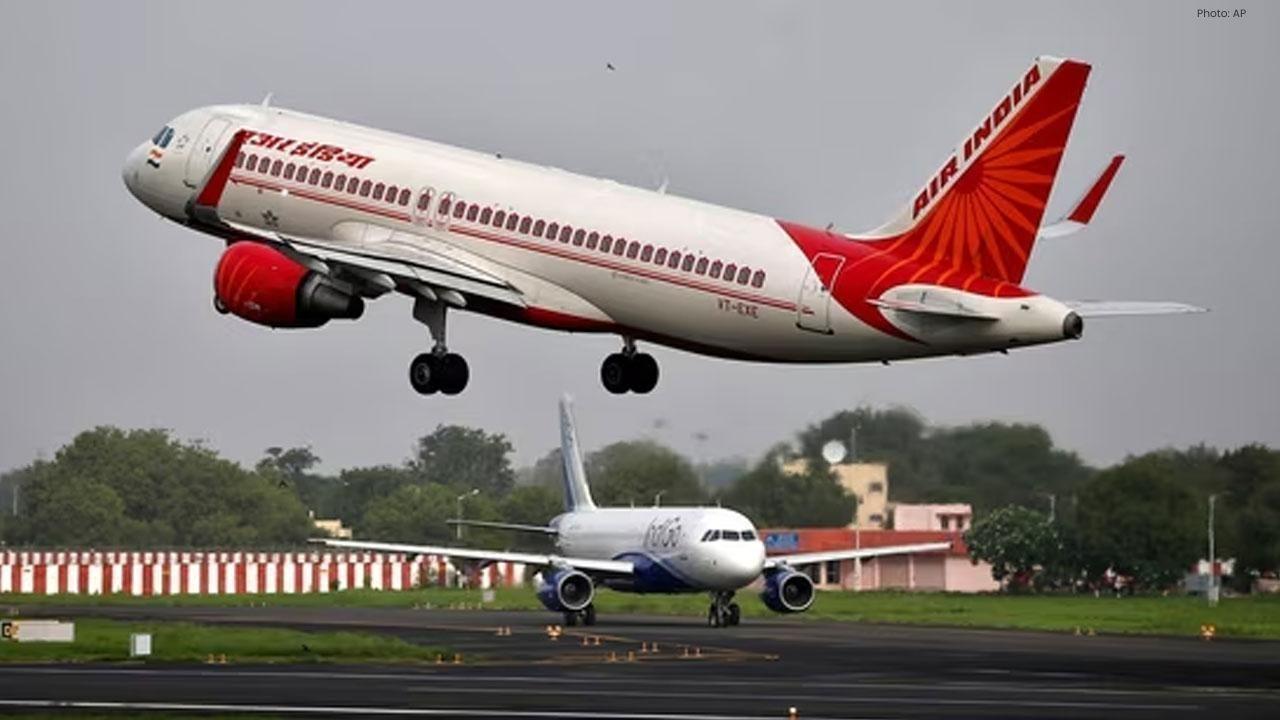
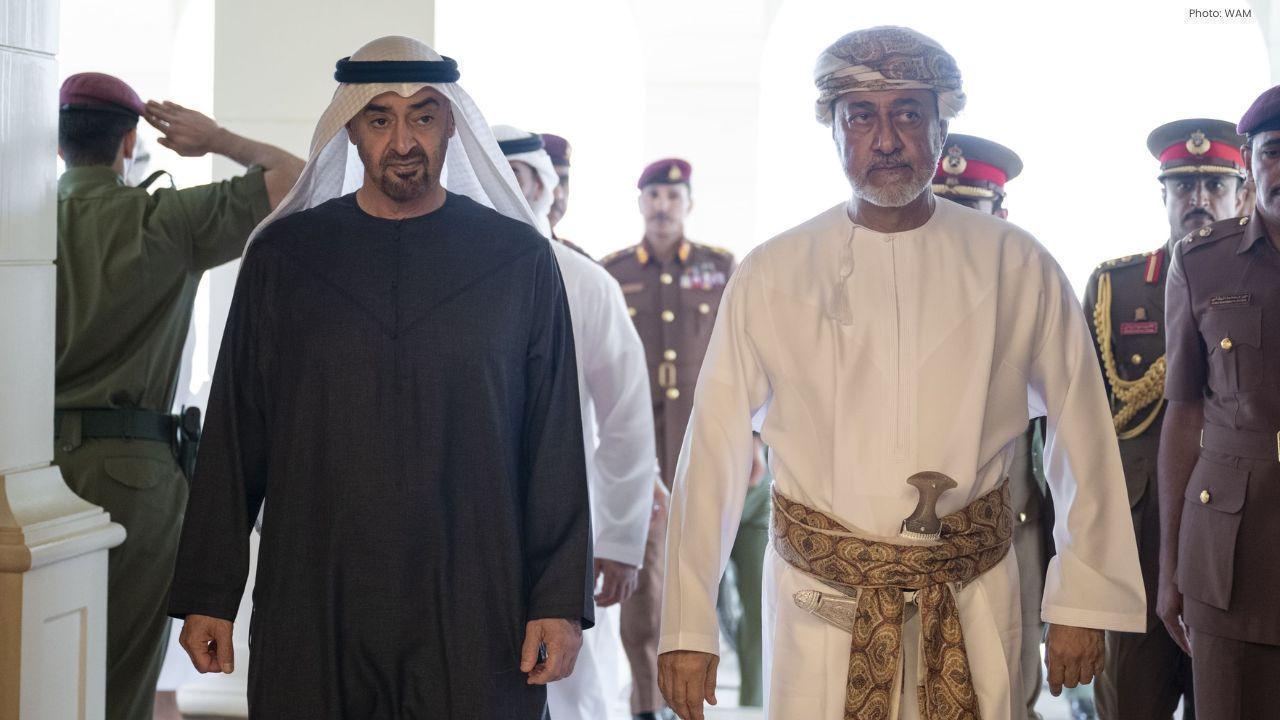
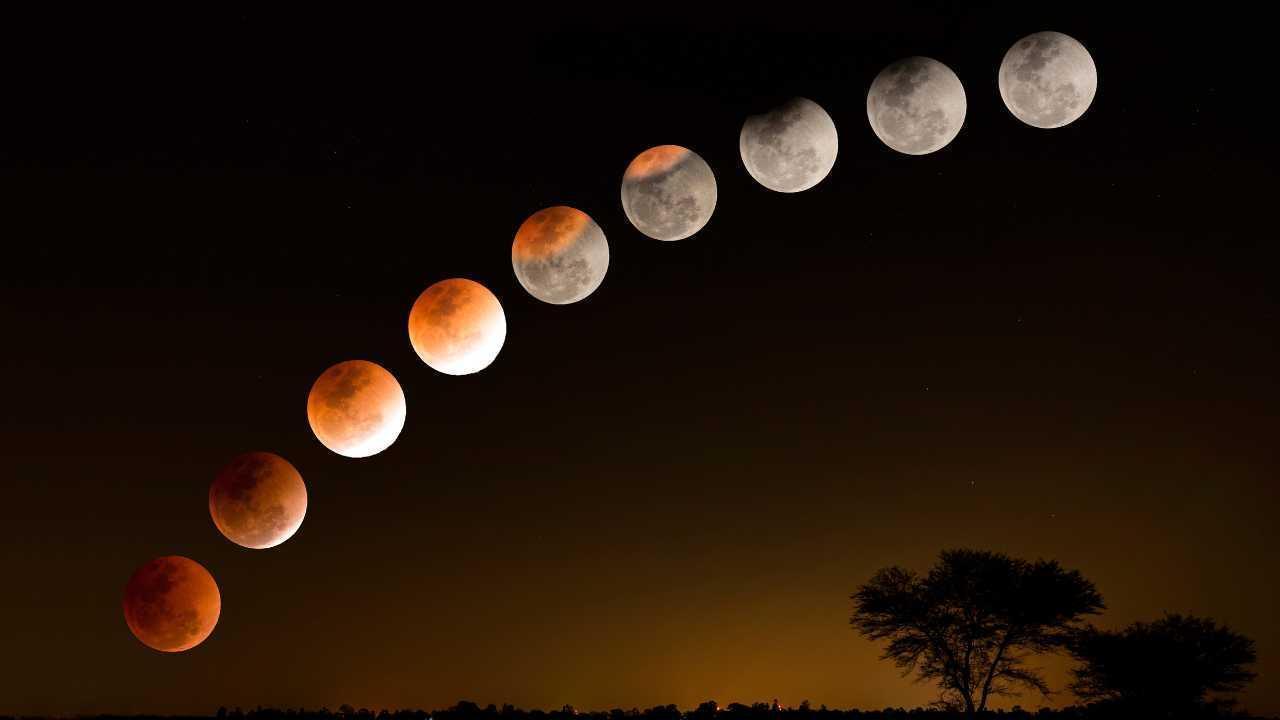


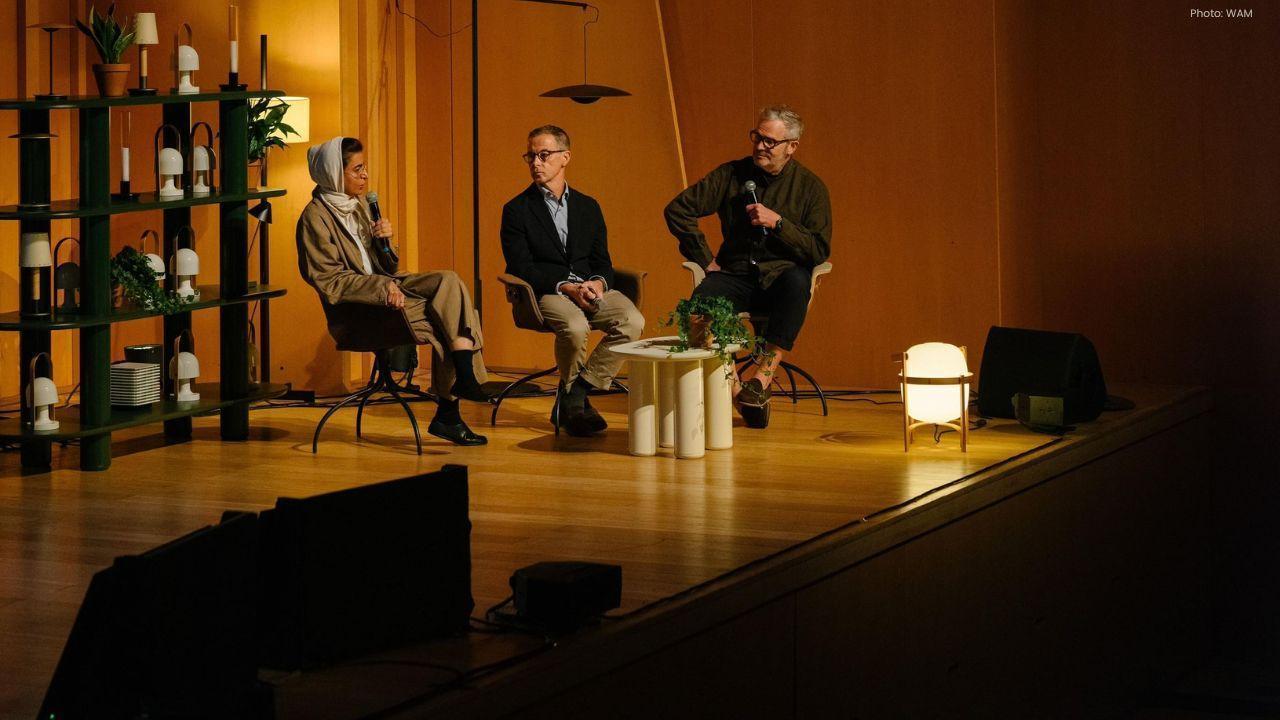

Indian Airlines Resume Flights to Kathmandu After Nepal Unrest Ends
Indian airlines resume normal flights to Kathmandu as Tribhuvan Airport reopens, helping stranded pa

India Launches Carbon Capture Program With Full Funding Support
India announces nationwide carbon capture program with incentives up to 100% funding to reduce emiss

Google Launches AI Plus Subscription For Easy Access To Tools
Google introduces AI Plus, a new affordable subscription offering Gemini 2.5 Pro AI, Veo 3 video too

Larry Ellison Challenges Elon Musk In Race For Richest Person
Larry Ellison briefly passed Elon Musk as the world’s richest man after Oracle’s stock soared, showi
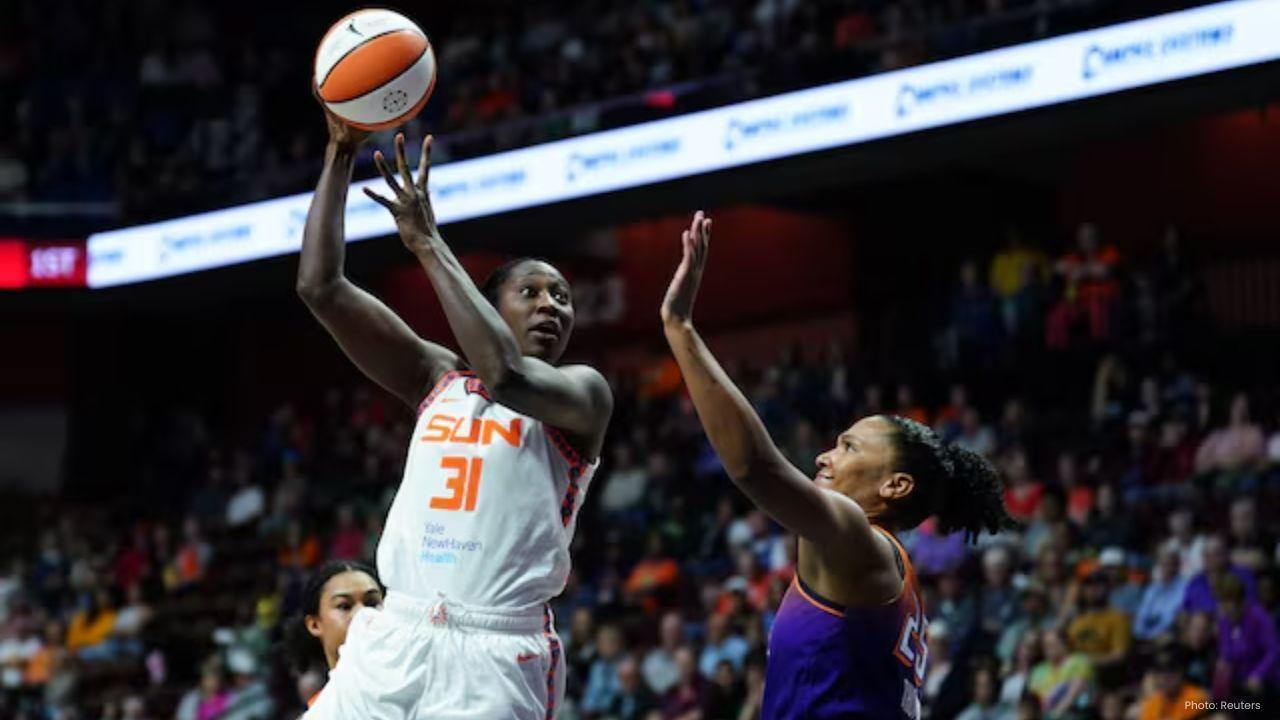
Tina Charles Wins WNBA Award For Leadership And Community Service
Tina Charles wins the Dawn Staley Award for leadership and community work, highlighting her foundati
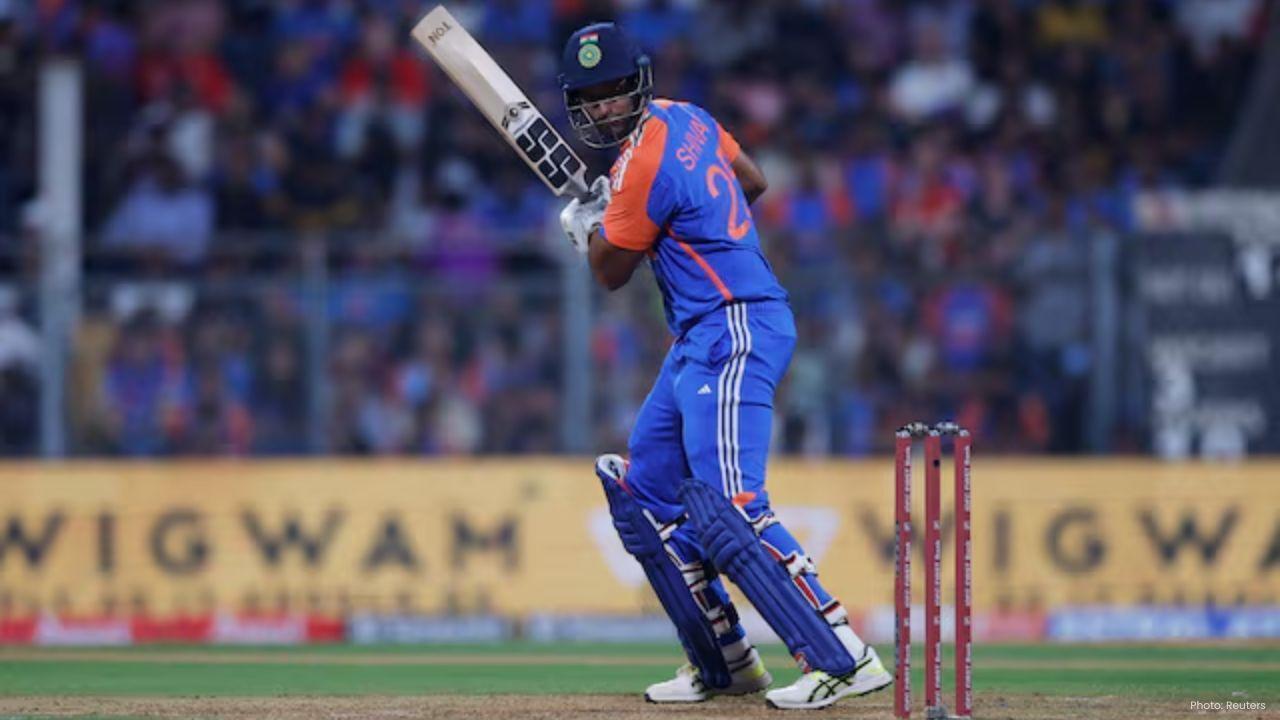
Shivam Dube Shines As India Crush UAE In Asia Cup T20 Match
Shivam Dube starred as India defeated UAE by nine wickets in Asia Cup T20. Dube credited coach Morne